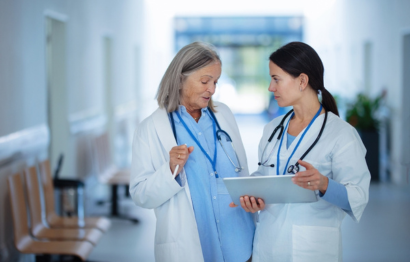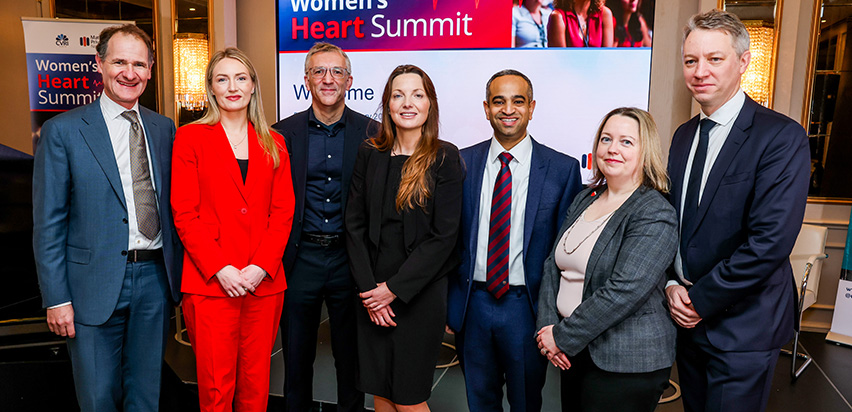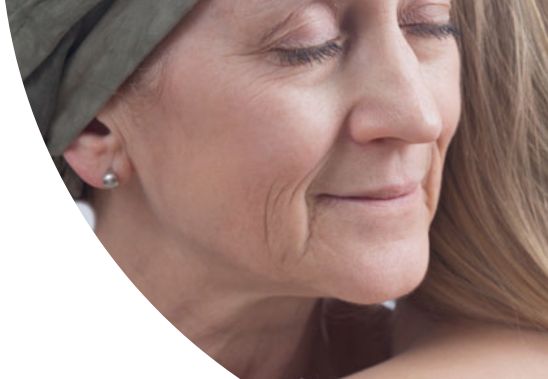Cancer and Cardiotoxicity
I have cancer. Why do I need to have heart scans?
Your cancer care team may have decided that you are at risk of heart disease or cardiotoxicity. Cardiovascular imaging tests (scans) like ECGs and echos are key to helping your care team to monitor your heart health and ensure that you have the best possible cardio-oncology care, even when your cancer treatment has been completed. The scans can identify early signs of heart problems.
.jpg?sfvrsn=486f6710_1)
What is cardiotoxicity?
Cardiac (heart) toxicity or cardiotoxicity is when your heart muscle is damaged by your cancer treatment. It can mean that your heart may not be able to pump blood through your body as efficiently as it should. Both radiation therapy and chemotherapy can cause cardiotoxicity, depending on the medication used and the location of the radiation treatment. Some cardiotoxicities show up quickly. Others occur in the months and years after the cancer treatment has ended.
How is cardiotoxicity managed?
Cardiotoxicity is managed in three main ways, by a specialist called a cardio-oncologist.
- Firstly, by a systematic and thorough approach to assessing cardiovascular risk in cancer patients prior to commencing any cancer treatments.
- Secondly, through the use of advanced cardiac imaging equipment to identify any anomalies or changes in cardiac function during cancer treatment.
- Thirdly, by ensuring that all cancer survivors who received cardiotoxic treatments like chemotherapy and radiation therapy belong to a long-term monitoring programme to support the early identification and treatment of cardiovascular disease.
Cardio-Oncology
Cardio-oncology is a specialist type of care for people who have cancer and who have heart disease or who are at risk of developing heart disease during or after their cancer treatment.
Learn more
What is a cardio-oncologist?
A cardio-oncologist is someone who has undergone additional specialist training in order to be able to treat people who have cancer and who also have heart disease or who are at risk of developing heart disease. They also treat people who develop heart disease after completing cancer treatment.
What additional specialist training do cardio-oncologists have?
Cardio-oncologists receive additional training in the following:
- Effects of cancer on your whole body.
- Potential side effects of cancer therapies on your cardiovascular system.
- Assessing for cardiovascular risk at different stages of cancer treatment.
- Tailoring the right cancer treatments for each patient and knowing which are safe for your heart and which are too risky.
- Monitoring the heart for further long-term side effects, even after completion of cancer treatment.
I have cancer. How do I know if I am at risk of cardiotoxicity?
Our Cardio-Oncologist looks at your current health, your lifestyle, and your family history to see what level of risk there is. If necessary you may need to have one or more of the following scans - electrocardiogram (ECG), echocardiogram (echo), cardiac MRI, or CT coronary angiogram - or undergo a stress test to fully assess your risk level.
How do I know if I need to see a cardio-oncologist?
Your GP or oncologist is the best person to ask about the care you need. You need a referral from one of your doctors to see a cardio-oncologist. Cardio-oncologists help people who:
- Need to have cancer treatment and have heart disease.
- Need to have cancer treatment and are at risk of heart disease.
- Are having cancer treatment (chemotherapy or radiation) and develop heart disease symptoms, such as oedema (fluid retention), fatigue, chest pain and arrhythmia (palpitations).
- Have had cancer treatment previously and have developed heart problems.










.jpg?sfvrsn=15b522c0_1)
.jpg?sfvrsn=bc496f3b_1)
.jpg?sfvrsn=1e88c7a4_1)
